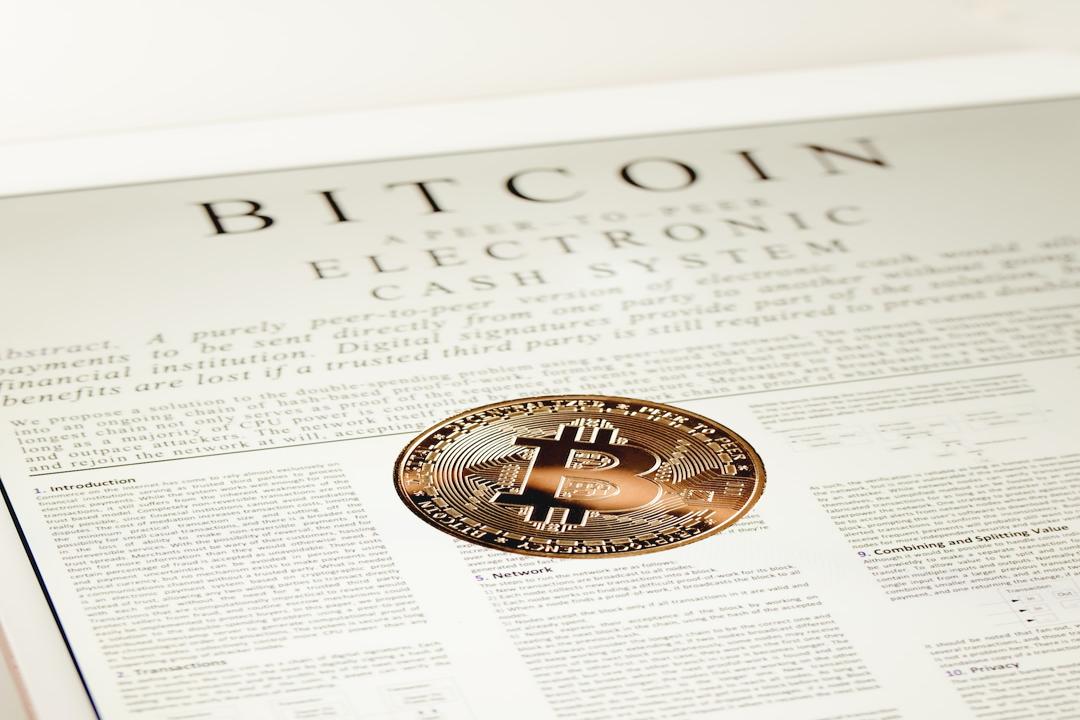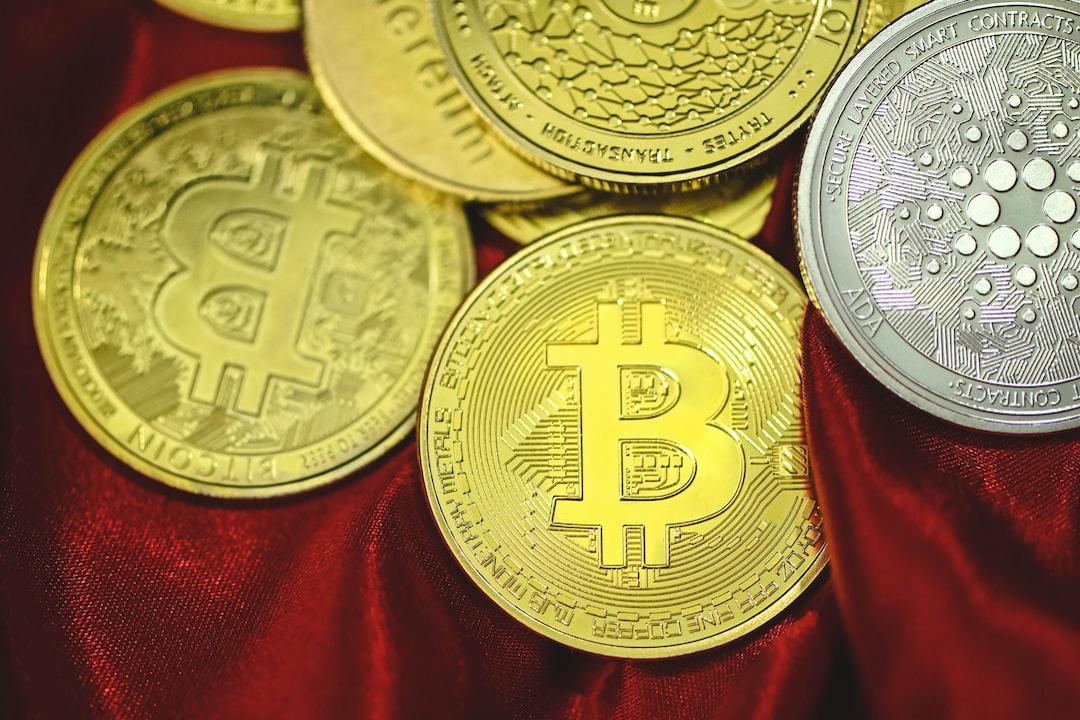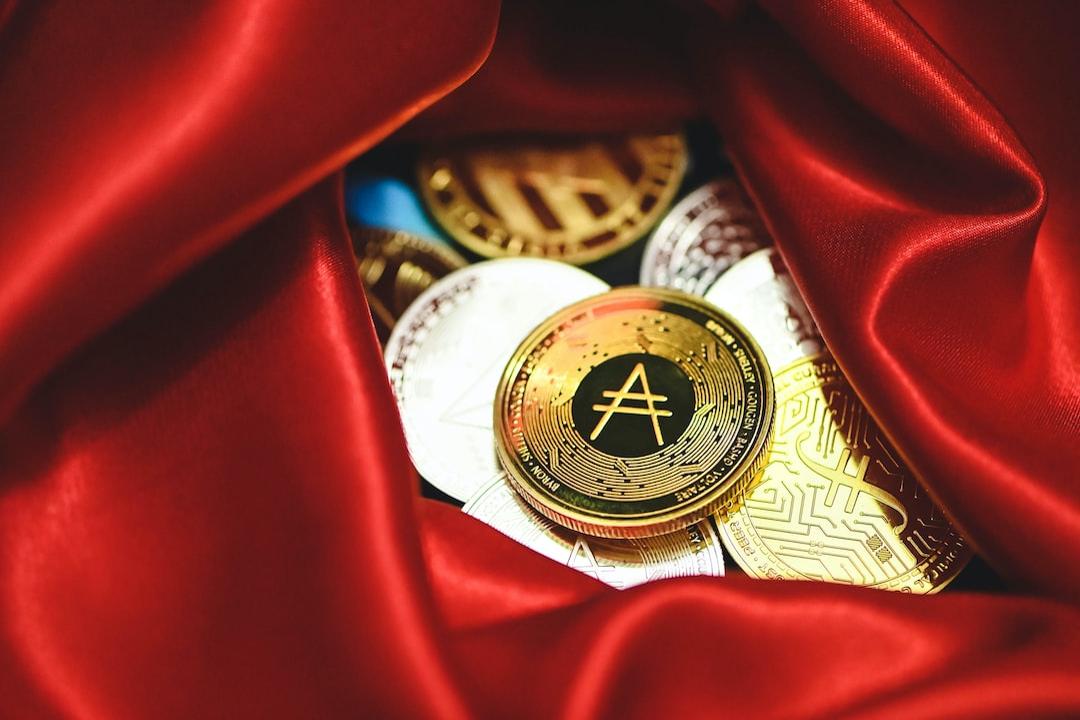Chain Game Version of MapleStory to Launch in 2025
The fusion of classic game IP and blockchain technology raises the question: what additional value can it bring to players? Nexon’s subsidiary Nexpace is the best answer to this question.
MapleStory is one of the classic games published by Nexon, having entered the Taiwanese market 20 years ago. Nexpace, a subsidiary dedicated to the development of game blockchain and AI applications, announced that it will launch the “chain game version” of MapleStory N in 2025.
MapleStory N retains the interface and art style familiar to players, but the most significant difference is that this version is centered around a “decentralized economic model” and “deep player participation,” breathing new life into the classic IP through blockchain technology.
Why make such a change? Nexpace’s Chief Business Officer, Dominic Jang, candidly stated, “People’s perception of games has changed dramatically.”

Nexpace Chief Business Officer Dominic Jang
Image / Nexpace
What Prompted MapleStory to Embark on the “Blockchain Path”?
Dominic Jang shared, “Playing games alone is no longer satisfying for players.” For instance, sometimes players want to watch others play games (such as on Twitch), or they need more content outside of the game itself to establish a sense of participation, or even to gain a sense of novelty. However, the speed at which game companies introduce new gameplay and content has long failed to keep pace with players’ demands.
Thus, Nexpace intends to decentralize the content creation rights, building a more organic game ecosystem through blockchain. The MapleStory Universe was born, within which, in addition to the game MapleStory N, there will also be an NFT market for players to trade items freely and a token economic system.
The key point is that the MapleStory Universe plans to introduce a Software Development Kit (SDK) and Application Programming Interface (API), allowing developers to create content within the ecosystem, developing applications and transferring content creation rights to players.
For example, developers can use smart contracts to create a rental platform for items, leasing their NFT gear to other players.

In the MapleStory Universe ecosystem, in addition to the game MapleStory N, there will also be an NFT market for players to trade items freely and a token economic system.
Image / Nexpace
Addressing the Inflation Dilemma in Traditional Games
Beyond creating a more open and free game ecosystem, moving MapleStory onto the blockchain also aims to solve the inflation dilemma of items in traditional games. Dominic Jang explained that the primary revenue for free games comes from in-game purchases, so developers must continuously create stronger new items to make old items obsolete, encouraging players to spend more money. As new items become stronger, old items depreciate, coupled with the fact that game developers can issue equipment without limits, leading to an ever-increasing supply and resulting in inflation.
“Items that players spend money on are replaced by new items in a few months, which can cause players to lose interest in the game or even quit,” said Dominic Jang.
Nexpace’s solution is to change the item system of MapleStory N through blockchain, where items will no longer be infinitely sold through a centralized store but will utilize a “limited supply” model to mint item NFTs, with a cost incurred for each minting, ensuring that items are not endlessly produced, thus stabilizing the game’s economy. Additionally, these NFTs can be freely bought and sold in the trading market, allowing the market to determine their value.
MapleStory N: More Than Just “Play-to-Earn”?
For blockchain games, “token economy” is a crucial element. Currently, the MapleStory Universe has two types of tokens: one is NXPC, a cryptocurrency operating on the blockchain, which developers or players must use to “mint” new items or to pay transaction fees on-chain.
Additionally, the in-game currency “NESO” can be seen as a game currency (like MapleStory’s mesos) and can also be considered as “wrapped NXPC,” allowing players to exchange it at a fixed ratio for NXPC for the aforementioned purposes or trade it on exchanges.
The importance of the token economy lies in the fact that blockchain games generally attract players looking to “make money.” However, Dominic Jang emphasized that while players can earn money through the game, this is not the core value of the game.
“We want to attract players who enjoy the real-world economy experience, rather than speculators.” The items and assets within the game possess economic value, allowing players to engage meaningfully with the items and characters they cultivate, which are not just meaningless in-game assets. These items can be traded with cryptocurrencies or fiat money, giving players’ investments value and creating a sustainable economic cycle.
Furthermore, the value of equipment and items comes from “market demand” and “actual utility within the game,” rather than for the sake of price speculation. The core of MapleStory N remains “gameplay,” and the economic system merely provides players with greater participation rights rather than dominating the entire game experience.
Creating a Co-Creative Game Ecosystem with Players
Currently, MapleStory N has undergone two closed beta tests and is expected to officially launch in the first half of 2025. According to official data, the closed beta and related activities have generated a total of 31.5 million on-chain transactions, with active wallet numbers reaching as high as 972,000.
During this period, 3.5 million NESO tokens have been used, accounting for 76.2% of the total circulation, with more than half of the usage dedicated to “enhancing items,” indicating that players’ primary motivation remains “game experience” rather than merely making money.

The closed beta and related activities have generated a total of 31.5 million on-chain transactions, with active wallet numbers reaching as high as 972,000.
Image / Nexpace
Overcoming Development Challenges
Such achievements are hard-earned. Dominic Jang noted that blockchain technology is still in its early stages of development, and many necessary technologies have yet to mature. Therefore, Nexpace had to develop many core functions internally during the creation of MapleStory N. Additionally, blockchain regulatory frameworks pose challenges, as South Korea’s regulatory environment still imposes restrictions on issuing cryptocurrencies. As a result, Nexpace chose to establish its operational headquarters in Abu Dhabi, a “Web3-friendly” environment.
Having navigated through the development challenges, the ultimate goal of MapleStory N is not just to witness the growth of “the game itself,” but to build a decentralized, player-driven entertainment ecosystem.
“If our ecosystem has more third-party developed applications with users than our official developed applications, that means we have succeeded,” said Dominic Jang. Developers are no longer the sole content providers but rather provide the platform and foundational rules that enable players and developers to co-create the entire ecosystem.

